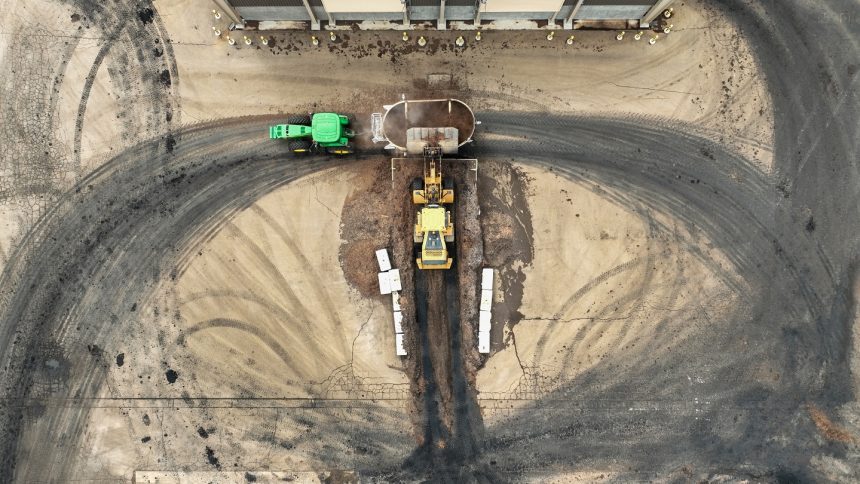The Environmental Protection Agency recently designated two types of “forever chemicals,” known as per- and polyfluoroalkyl substances (PFAS), as hazardous substances under the federal Superfund law. This move will allow the government to hold manufacturers accountable for cleaning up these harmful chemicals from the environment. The EPA will target enforcement efforts towards parties that have contributed significantly to PFAS release, such as manufacturers and industrial facilities. This designation comes alongside new restrictions that limit the acceptable amount of PFAS in drinking water. However, this only addresses a fraction of the widespread PFAS contamination issue in the U.S. PFAS, widely used in everyday products, pose serious health risks and have contaminated soil and water supplies for decades. The presence of PFAS in biosolids, which are commonly used as fertilizer, has raised concerns about agricultural contamination and human exposure. Efforts are underway to address this issue, including lawsuits against companies like Synagro for distributing PFAS-laden fertilizer. Despite growing awareness, federal regulations on PFAS contamination in biosolids are lacking. This highlights the need for stronger regulatory measures and accountability in managing PFAS pollution.






